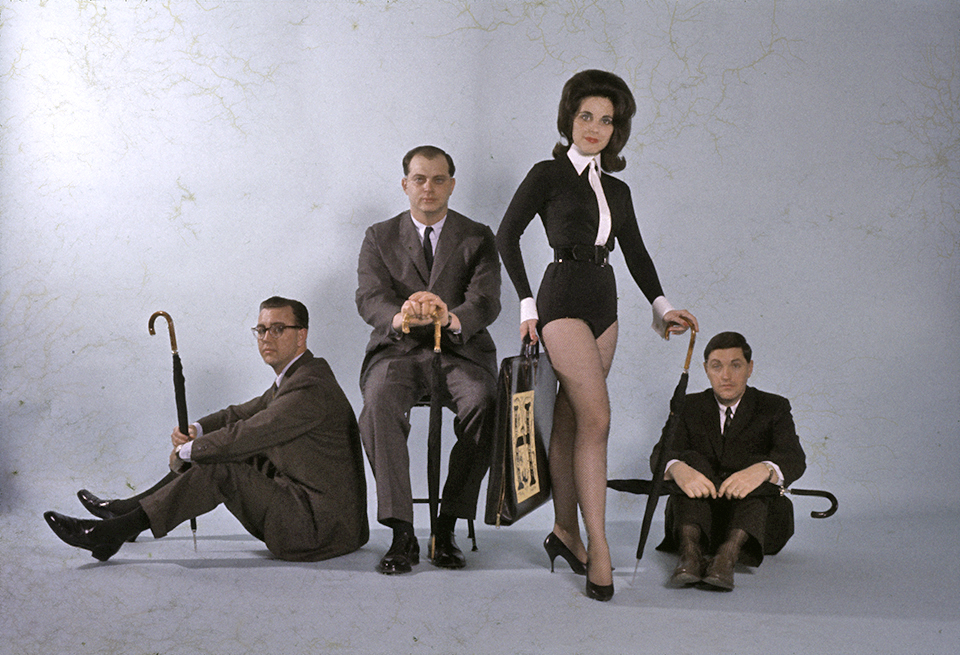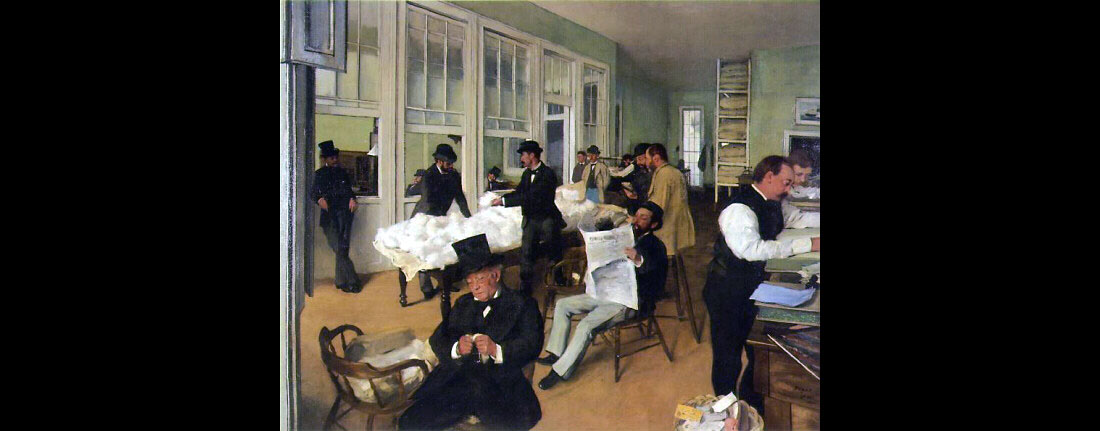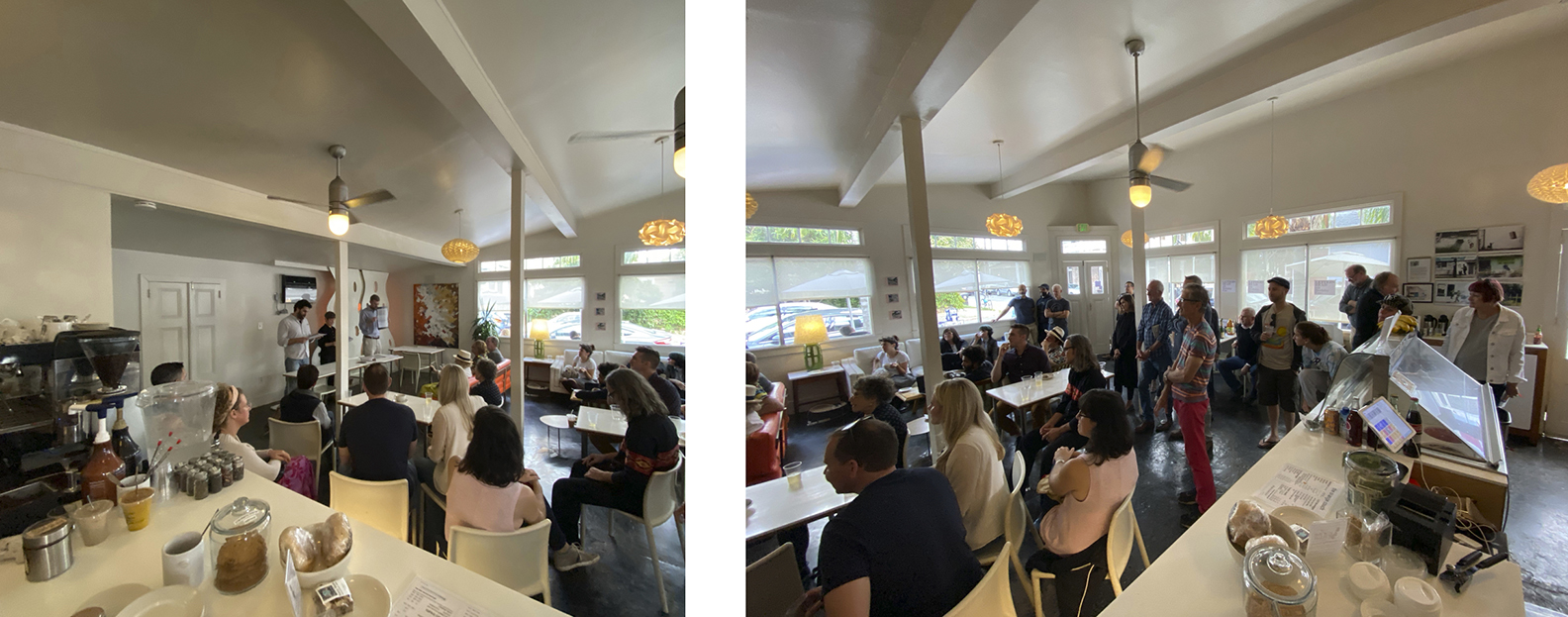
New Years Eve: Dad, Mid-20th Century Foreign Intrigue & the Almighty American Dollar
Premiering New Year’s at 6:00 pm CDT. Our final production for 2021, Doing Business in New Orleans. A prelude to the upcoming, 2022 regular programming event about New Orleans’ beloved international businessman Clay Shaw, international trade, CIA, and the JFK assassination conspiracy.
A link to the New Year’s podcast will be posted HERE. You can listen to previous Letters Read recordings and podcasts HERE.
The December 31st podcast is one of our incubator, experimental-style readings. It weaves comparisons between Shaw and another, international-export-fella, Nate Feldman. Who spoke about his trade during a 2007 entrepreneurship panel discussion at Loyola University New Orleans. The other panel members speaking were environmental justice activist Michel Varisco—a Letters Read Executive Advisor—and this project’s Director well before Letters Read began in 2017. A link to that discussion is HERE.
The audio producer for this event is Steve Chyzyk, Sonic Canvas Studio in New Orleans.






 November 30
November 30 August 20
August 20
